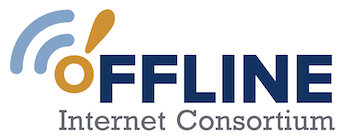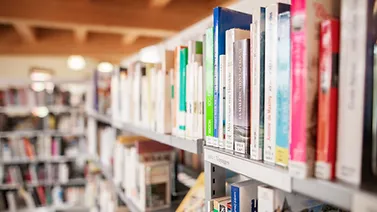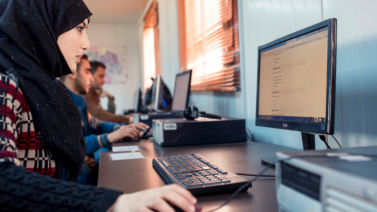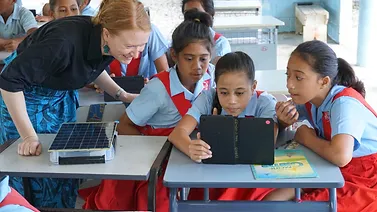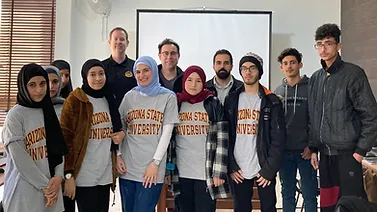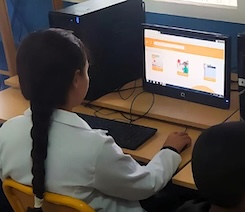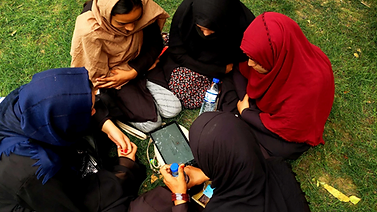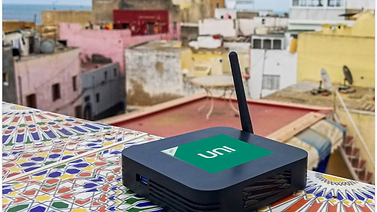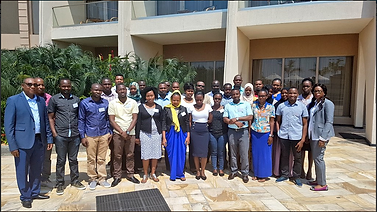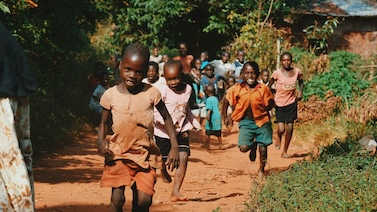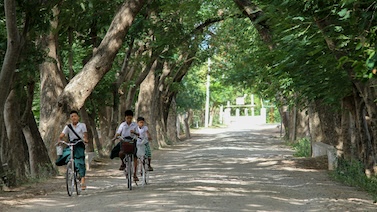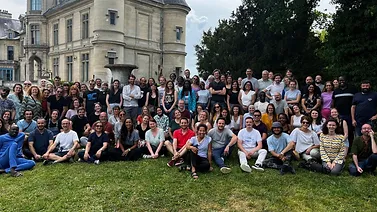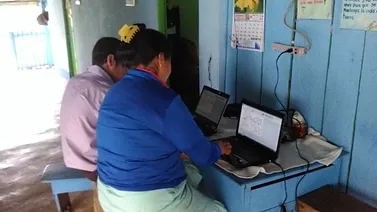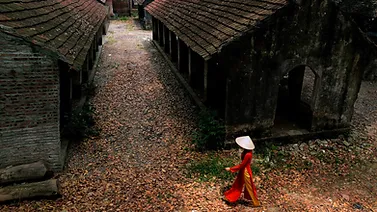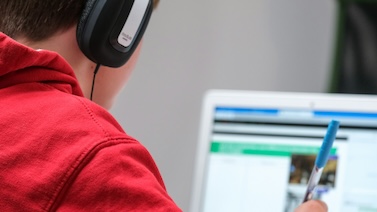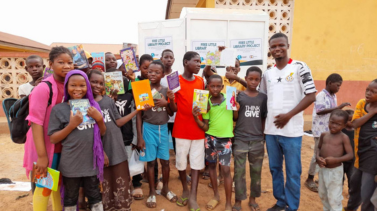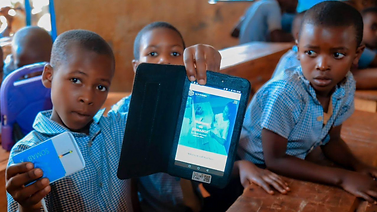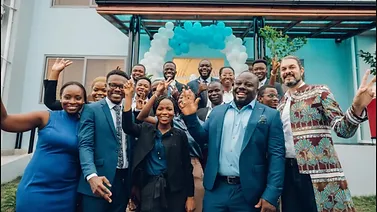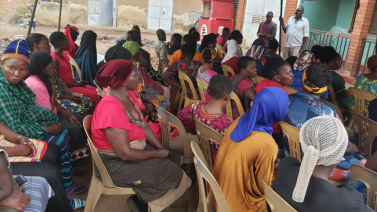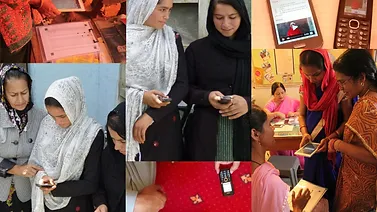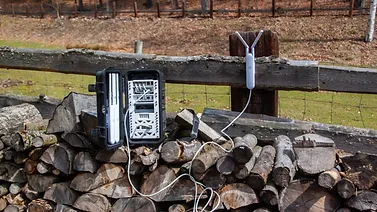It's time to redefine digital access.
While conventional approaches divide the have and have-nots of internet access, “offline internet” suggests a gray area—a continuum of connectivity, where innovative hardware and software solutions, localized content, digital skills, and supportive policies enable meaningful access to a wide array of digital content without the need for permanent internet connectivity.
Becoming a partner of the Offline Internet Consortium means joining a collaborative ecosystem committed to closing digital gaps worldwide. Partnership extends beyond simple affiliation—it offers access to an ever-growing network of organizations aligned by shared purpose, with opportunities to exchange knowledge, pool resources, and spark joint initiatives. Through OLI-hosted partner meetings, organizations engage in meaningful dialogue, strengthen connections, and co-design strategies that expand the impact of offline solutions. We particularly welcome groups working in remote or underserved areas, where innovative approaches to offline access can drive the most transformative change.
“Connectivity encompasses more than what long-term and expensive broadband deployments can deliver.”
Jim O’Donnell, Co-founder of OLI
Arizona State Library
Providing access to information and empowering local institutions to engage communities in learning.
ASU Education for Humanity
Supporting partners in delivering offline and online blended higher education in crisis-affected areas.
ASU SolarSPELL
Empowering offline learners through solar-powered digital libraries and information literacy.
ASU SunSPOT
Empowering partners with online and offline education for wider, inclusive access.
DataCup
Empowering communities through offline knowledge sharing ecosystem adapted to field realities.
Darakht-e Danesh
Ensuring access to education for Afghans in Afghanistan and in neighboring regions through offline technologies.
Grey-box
Providing wireless access to digital resources in remote areas where internet is unreliable.
ITOCA
Building educational and research capacities via technologies that drive development in Africa.
Internet in a Box
Carrying digital libraries and the best of the internet to communities that are off the grid.
Kiwix
Providing offline access to educational content in areas with limited or no internet access.
Learning Equality
Committed to closing education gaps and bridging the digital divide to foster effective learning.
Libraries Without Borders
Strengthening the capacity of vulnerable communities through access to education and information.
Makaia Foundation
Improving lives and capacities for development through the use and adoption of digital technology.
NetFreedom Pioneers
Building anti-censorship tools and sending life-changing information anywhere the internet doesn’t reach.
Rumie Initiative
Empowering learners with free virtual learning, and unleashing the potential of anyone, anywhere.
SABIER
Providing free, openly licensed digital learning materials to educators and students worldwide.
Soma Foundation Rwanda
Ensuring digital access to quality educational materials for underserved students.
TECHAiDE
Improving education, health, and youth development in Africa through technology solutions.
Tukonnectinge-Dreamz-Foundation
Connecting vulnerable youth and women with the resources, skills, and support they need to break cycles of poverty.
Ustad Mobile
Enabling users to teach, learn, and share—online or offline—via learning management system.
Wakoma
Building solutions that enable communities to learn and connect where, when, and how they want.
wiLearn 4 Life
Empowering low-resourced communities, predominantly in Africa, with digital education tools.
Interested in becoming a partner?
“Everyone knows the internet exists. It's just that half the world can't access it. There is enormous demand. ”
Stéphane Coillet-Matillon, CEO and
Co-founder of Kiwix

